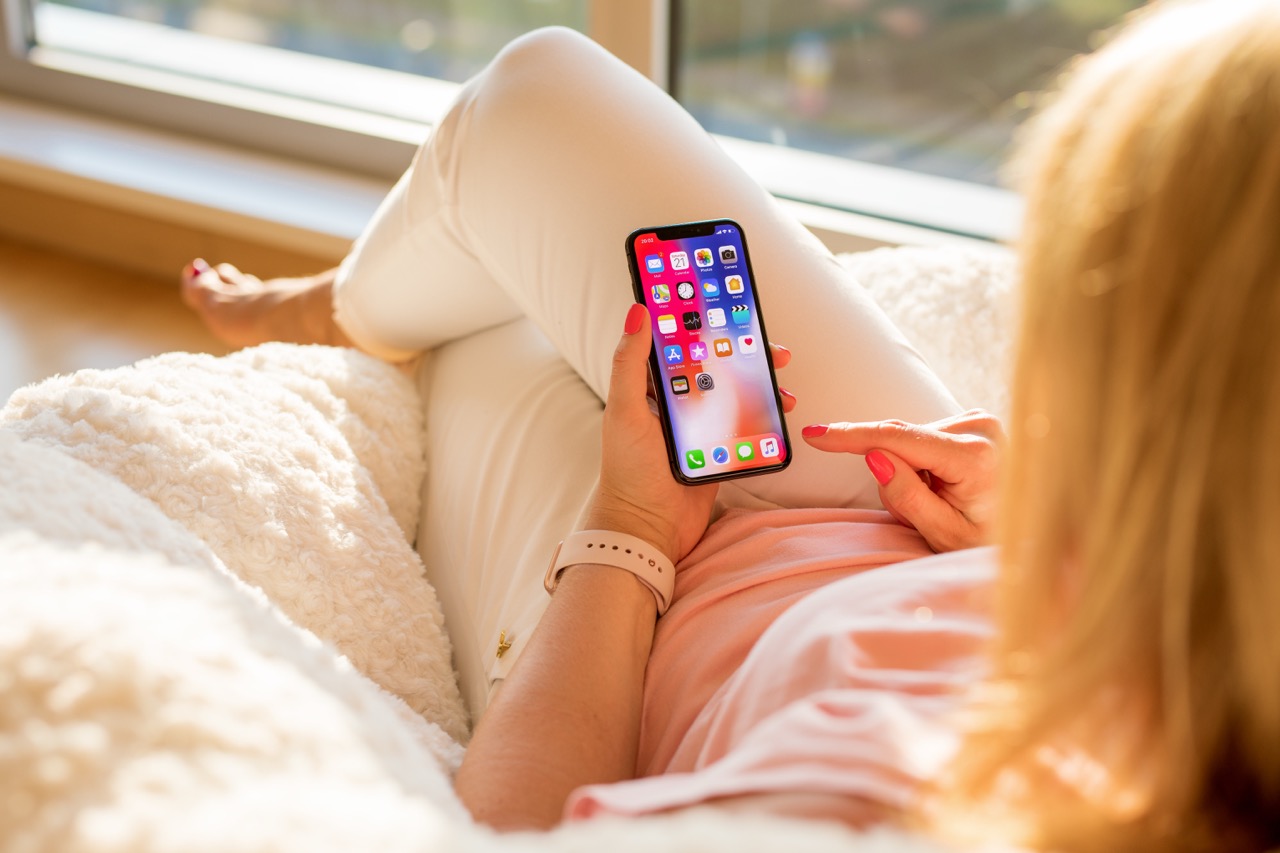How to make your computer and phone more migraine-friendly

If you live with migraine, you probably know the tension between needing your phone or computer and dreading how it might make you feel. The glow of a laptop, the scroll of an iPhone, the flashing transitions on a desktop—these everyday features can sometimes feel like triggers waiting to strike.
Many people tell us that during a migraine attack, even opening an email or replying to a text feels impossible. Light sensitivity, dizziness, and motion sickness can all be made worse by how screens are set up.
Reducing animation and minimizing exposure to blue light can help. On Phones, there are also new features that can help while using your device for moving vehicles.
The good news? You can take control by adjusting a few device settings to make screens less triggering and more comfortable. We recommend that everyone try changing these settings to make their devices more migraine-friendly.
On Android
- Reduce Motion: Go to Settings > Accessibility > Text and display > Remove animations. This stops screen movements that can make your brain feel overstimulated.
- Limit Blue Light: Under Settings > Display, turn on Eye comfort shield or Night Light. Schedule it for evenings—or leave it on all day if blue light bothers you.
On iPhone
Apple has specific tools designed for people sensitive to motion and light—very relevant for migraine.
- Reduce Motion: Go to Settings > Accessibility > Motion. Switch on Reduce Motion and Prefer Cross-Fade Transitions. This cuts back on zooming and bouncing animations.
- Reduce Motion Sickness: In the same menu, toggle on Reduce Motion Sickness. This limits layered depth effects in apps and Safari that can trigger dizziness or nausea.
- Limit Blue Light: Under Settings > Display & Brightness, tap Night Shift. Schedule it for sunset to sunrise, or keep it on longer if you’re light-sensitive.
iPhone 16e: How to Enable Blue Light Filter
On Mac
- Reduce Motion: Head to System Settings > Accessibility > Display and switch on Reduce motion.
- Limit Blue Light: In System Settings > Displays, select Night Shift. Set it for evenings or the whole workday if you’re sensitive to light.How To Reduce Blue Light on a Mac
How To Turn Off Blue Light On Mac | macOS Night Shift & Eye Care | A Quick & Easy Guide
On Windows
- Reduce Motion: Go to Settings > Accessibility > Visual effects. Turn Animation effects off.
- Limit Blue Light: In Settings > System > Display, toggle on Night light. Adjust the color temperature to warmer tones and schedule for night.
Everyday Migraine-Friendly Habits
- Changing your settings is just one piece. Try combining these with simple screen habits:
- Keep brightness comfortable—not too high, not too dim
- Use dark mode when it feels easier on your eyes
- Follow the 20-20-20 rule: every 20 minutes, look 20 feet away for 20 seconds
- Slow down scrolling and zooming if motion makes you nauseous
- Keep brightness comfortable—not too high, not too dim
Everyday Migraine-Friendly Habits
Changing your settings is just one piece. Try combining these with simple screen habits:
- Keep brightness comfortable—not too high, not too dim
- Use dark mode when it feels easier on your eyes
- Follow the 20-20-20 rule: every 20 minutes, look 20 feet away for 20 seconds
- Slow down scrolling and zooming if motion makes you nauseous
Why This Matters
Technology isn’t going away. But you don’t have to accept screens as an unavoidable trigger. By making small adjustments, you give your brain a calmer environment—especially during or after a migraine attack.
At Haven Headache & Migraine Center, we help patients design their lives around fewer attacks and more good days. That means combining the right treatment plan with everyday strategies, like these device changes, that support your nervous system.
Ready for More Good Days?
If migraine is interfering with your daily life, you don’t have to manage it alone. Our team of headache specialists is here to help you find real relief—so you can spend less time fighting screens and more time doing what matters.


